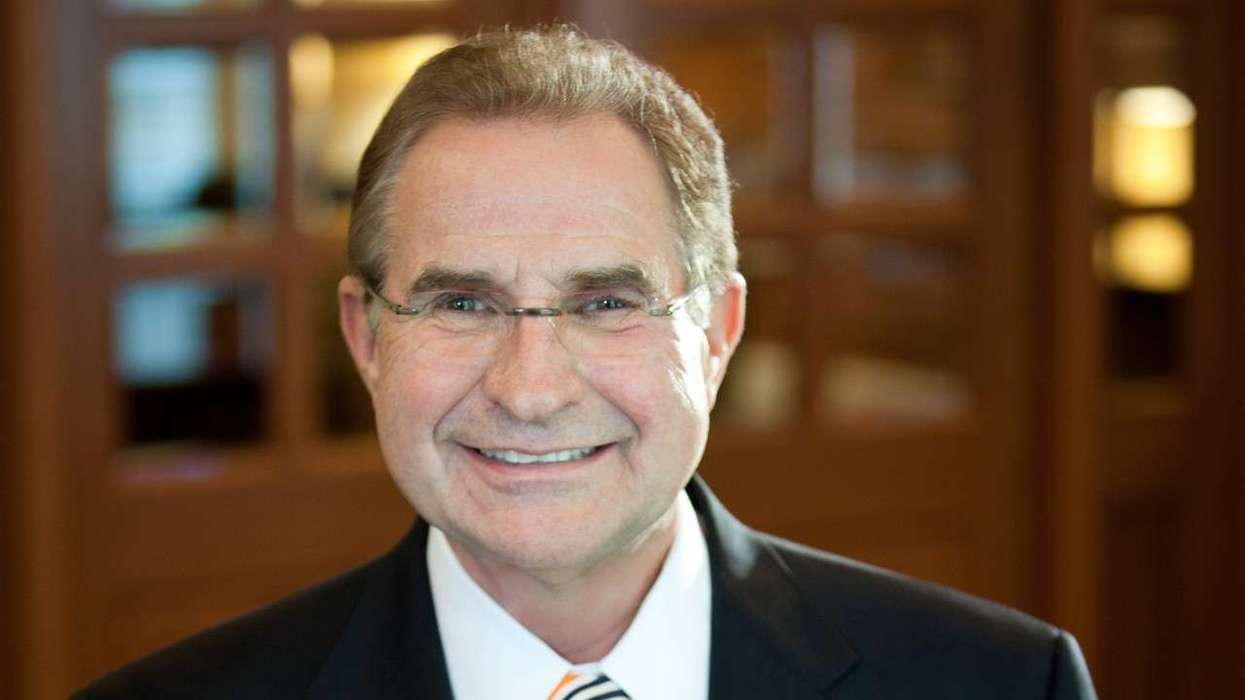OCCUPANCY WAS UP slightly for U.S. hotels in the first week of May compared to the previous week while still remaining much lower than the same time last year, according to STR. In 13 STR-defined submarkets occupancy increased over the weekend, led by Florida and Texas, as some states eased social distancing restrictions put in place for the COVID-19 pandemic.
Occupancy for the week of April 26 to May 2 stood at 28.6 percent, up from 26 percent the week before but down 58.5 percent compared to the week of April 28 to May 4, 2019. It was at 23.4 percent for the week of April 12 to 18 and 21 percent for the week of April 5 to 11.
ADR dropped 44 percent to $74.72 for the week ending May 2 while RevPAR dropped 76.8 percent to $21.39.
“Week-to-week comparisons showed a third consecutive increase in room demand, which provides further hope that early-April was the performance bottom,” said Jan Freitag, STR’s senior vice president of lodging insights. “TSA checkpoint numbers, up for the second week in a row, aligned with this rise in hotel guest activity, which still remains incredibly low in the big picture. Overall, these last few weeks can be filed under the ‘less bad’ category.”
Freitag also said leisure demand was up for the first time in a while because of the occupancy increase in weekend stays in states that were easing restrictions.
“The first ‘real weekend’ with eased COVID-19 restrictions showed an obvious jump in hotel demand, especially in popular, warm-weather leisure spots,” he said. “Whether or not this becomes a trend remains to be seen, but the fact that there were people instantly willing to head out for leisure activity and stay in hotels is a positive sign for the industry. We have maintained throughout this pandemic that the leisure segment would be the first to return, it is just a matter of when.
“Hotel companies, together with the AHLA, are showing commitment to cleanliness and providing guests with a safe environment within their properties. At the same time, health experts have expressed concerns that increased leisure activity in public spaces could contribute to a potential second wave of COVID-19, which would obviously present added risk for the industry.”
The top 10 submarkets showing weekend over weekday occupancy increases are:
- Galveston and Texas City, Texas, with a difference of 30.9 percent
- Mobile, Alabama, with a difference of 27.7 percent
- Daytona Beach, Florida, with a difference of 24.1 percent
- Corpus Christi, Texas, with a difference of 23.6 percent
- Panama City, Florida, with a difference of 20.1 percent
- Myrtle Beach/North, South Carolina, with a difference of 19.1 percent
- Fort Walton Beach, Florida, with a difference of 18.4 percent
- Cedar City and St George, Utah, with a difference of 16.9 percent
- Pensacola, Florida, with a difference of 14.7 percent
- Savannah Historic District, Georgia, with a difference of 14.3 percent
STR also released its first profit and loss report on April 30 that showed GOPPAR for March was down 101.7 percent to -$2.10 compared to the same time last year.





